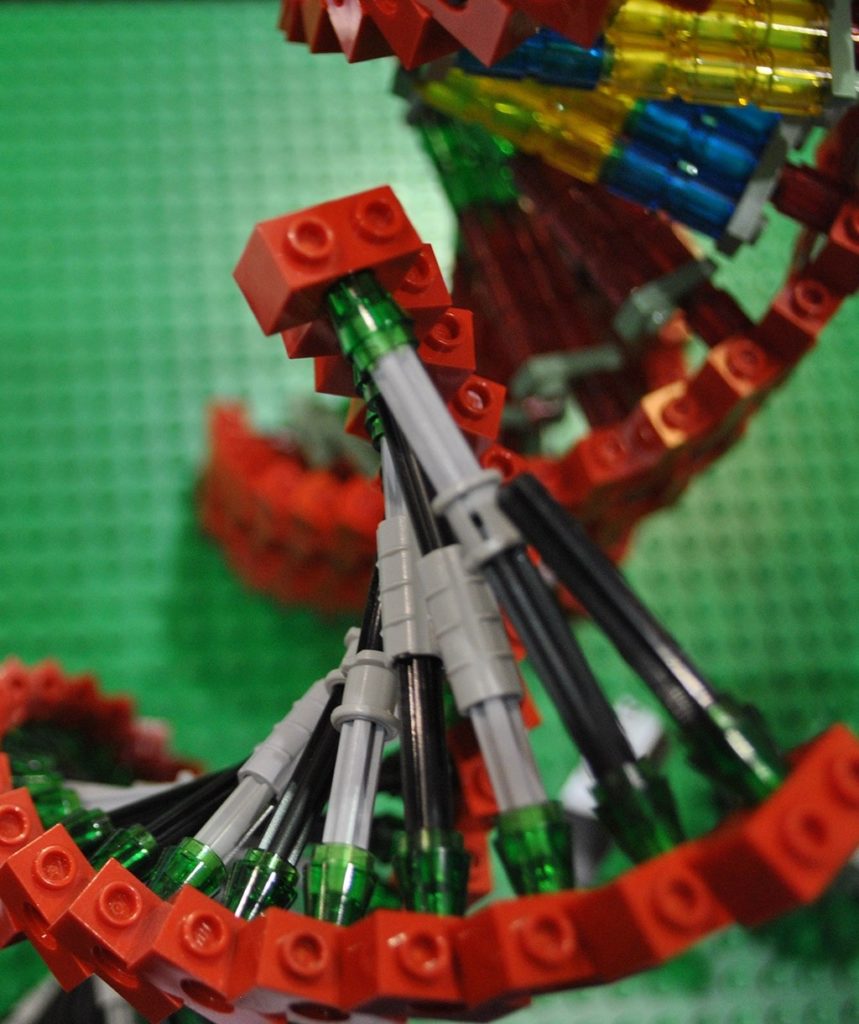Out there
Charting medicine's unknowns
The issue highlights science that pushes boundaries to save lives and considers ethical questions that are a fundamental part of research.

Why Frankenstein matters
Frontiers in science, technology and medicine
Growing human organs
Caution surrounds the use of animals to solve donor shortages
Brain balls
Tiny lab-grown blobs could aid understanding of psychiatric and neurological disease
Target, delete, repair
CRISPR is a revolutionary gene-editing tool, but it’s not without risk
The power of CRISPR
It’s not just for gene therapy
Magical moment
The enormity of the first U.S. adult heart transplant
What happened next
Stanford’s heart transplant breakthrough precipitated years of protocol advances
Exploring our miraculous icky parts
A conversation with author Mary Roach
Letter from the Dean
Empathy must inform science
Understanding humanity is essential as we push boundaries of medical and scientific knowledge
Plus
Operating at zero gravity
A physician-astronaut in space
Recovering from stroke
Engineers, biologists and doctors focus on a win
Young blood
Trace of hope for Alzheimer’s patients
Tiny heart repairs
Babies with rare genetic disorders have chance for longer lives
Zapping destructive impulses
Implantable devices could detect and squelch urges
Upfront
Robotics drawback
Kidney removal takes longer and costs more when robots assist surgeons, a new study says.
Upfront is a quick look at the latest developments from Stanford Medicine
Mystery microbes
An analysis of blood reveals that most microbes living inside humans have never been seen before.
Peanut butter cookie? Yes, please!
Combining an antibody drug with a food desensitization process helps children combat multiple food allergies at once.
Intensive-care inequities
The quality of neonatal intensive care in California is inconsistent across racial and ethnic groups.
Ready, set, …
The discovery that muscle stem cells behave differently in the body than they do in lab dishes changes how researchers view stem cell function.
Cancer crushers
A new form of CAR-T cell therapy could expand cancer treatment options.
Valve replacement insight
Mechanical heart valves are often safer than natural tissue for mitral valve replacement until age 70.
Explore Issues

AI explodes
Taking the pulse of artificial intelligence in medicine

Health on a planet in crisis

Real-world health
How social factors make or break us

Molecules of life
Understanding the world within us














